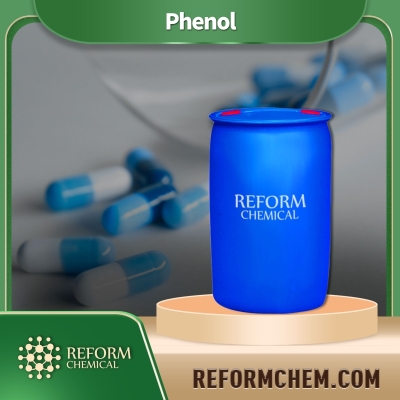-
Categories
-
Pharmaceutical Intermediates
-
Active Pharmaceutical Ingredients
-
Food Additives
- Industrial Coatings
- Agrochemicals
- Dyes and Pigments
- Surfactant
- Flavors and Fragrances
- Chemical Reagents
- Catalyst and Auxiliary
- Natural Products
- Inorganic Chemistry
-
Organic Chemistry
-
Biochemical Engineering
- Analytical Chemistry
-
Cosmetic Ingredient
- Water Treatment Chemical
-
Pharmaceutical Intermediates
Promotion
ECHEMI Mall
Wholesale
Weekly Price
Exhibition
News
-
Trade Service
Given the limited availability of high-quality population-level data on the effects of SARS-CoV-2 infection on pregnancy using concurrent comparison cohorts
.
Therefore, a study recently published in JAMA aimed to observe the association between SARS-CoV-2 infection during pregnancy and maternal and perinatal outcomes and to assess variables associated with severe disease in the pregnant population
.
Study Overview CANCOVID-Preg is an observational surveillance program in pregnant Canadian populations affected by SARS-CoV-2
.
The analysis provides exploratory population-level data for six Canadian provinces from March 1, 2020 to October 31, 2021
.
A total of 6012 pregnant women with positive SARS-CoV-2 polymerase chain reaction test results at any stage of pregnancy were included in the analysis and compared with 2 cohorts, including age-matched female patients with SARS-CoV-2 and those who did not during the pandemic.
Pregnant women affected by SARS-CoV-2
.
Primary outcomes were maternal and perinatal outcomes associated with SARS-CoV-2 infection and risk factors for severe illness (ie, illness requiring hospitalization, intensive care unit admission, and/or oxygen therapy)
.
Findings ➤ Among 6012 Canadian SARS-CoV-2 pregnant women (median age, 31 [IQR, 28-35] years), the highest number of cases (35.
7%) were diagnosed between 28 and 37 weeks of gestation
.
➤ Pregnancy was associated with a significantly increased risk of SARS-CoV-2-related hospitalization (7.
75% vs 2.
93%; relative risk, 2.
65 [95% CI, 2.
41-2.
88]) compared with the average Canadian female patient with SARS-CoV-2 20-49 years old ]) and an increased risk of intensive care unit admission (2.
01% vs 0.
37%; relative risk, 5.
46 [95% CI, 4.
50-6.
53])
.
➤ Increasing age, preexisting hypertension, and older gestational age at diagnosis were significantly associated with worse maternal outcomes
.
➤ Pregnant women affected by SARS-CoV-2 had a significantly higher risk of preterm birth (11.
05% vs 6.
76%; relative risk, 1.
63 [95% CI, 1.
52-1.
76] ]), even in the setting of milder illnesses that do not require hospitalization
.
Conclusions: This exploratory surveillance study conducted in Canada from March 2020 to October 2021 showed that SARS-CoV-2 infection during pregnancy was significantly associated with adverse maternal outcomes and increased risk of preterm birth
.
Compiled by: McClymont E, Albert AY, Alton GD, Boucoiran I, Castillo E, Fell DB, Kuret V, Poliquin V, Reeve T, Scott H, Sprague AE, Carson G, Cassell K, Crane J, Elwood C , Joynt C, Murphy P, Murphy-Kaulbeck L, Saunders S, Shah P, Snelgrove JW, van Schalkwyk J, Yudin MH, Money D; CANCOVID-Preg Team.
Association of SARS-CoV-2 Infection During Pregnancy With Maternal and Perinatal Outcomes.
JAMA.
2022 May 2.
doi: 10.
1001/jama.
2022.
5906.
Epub ahead of print.
PMID: 35499852.







